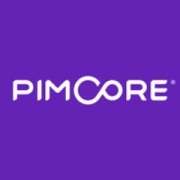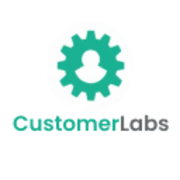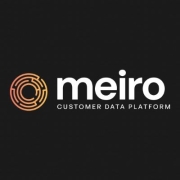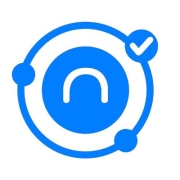Customer Data Platforms (CDP) are specialized systems designed to consolidate and manage customer data from multiple sources, creating a unified customer profile. These platforms enhance customer interactions by utilizing centralized data for more personalized experiences.
Customer Data Platforms play a crucial role in unifying customer data, enabling businesses to provide more personalized engagement. By centralizing data from varied sources, CDPs offer organizations a comprehensive view of their customers, which is imperative for strategic decision-making and marketing efforts. This helps in crafting targeted campaigns and improving customer loyalty.
What features should you consider when evaluating solutions?CDPs are implemented in industries like retail for personalized marketing, finance for compliance and customer insights, and healthcare for managing patient data. They optimize industry-specific goals by leveraging detailed customer information.
CDPs are helpful for organizations seeking to improve customer interaction and data-driven marketing strategies. By integrating and analyzing customer data, these platforms enable businesses to understand and meet customer needs efficiently.
| Product | Market Share (%) |
|---|---|
| Hightouch | 12.5% |
| Segment | 11.4% |
| WhiteBridge.ai | 6.0% |
| Other | 70.1% |































































A Customer Data Platform enhances customer engagement by unifying your customer data into a single view, allowing you to create personalized experiences across multiple channels. By capturing data from various sources, a CDP provides deeper insights into customer behaviors and preferences, enabling you to tailor your messaging and offers effectively. This personalization leads to more relevant interactions that foster greater loyalty and satisfaction.
What Differentiates a CDP from a CRM?While both CDPs and CRMs handle customer data, a CDP focuses on gathering data from a wide range of sources to build a comprehensive customer profile. In contrast, a CRM primarily manages direct interactions between your sales team and customers. CDPs are designed to handle real-time data processing and enable actionable insights for marketing efforts, whereas CRMs are geared towards managing customer relationships and optimizing sales processes.
Can a CDP Improve Data Privacy Compliance?Yes, a Customer Data Platform can significantly improve data privacy compliance by centralizing data management and offering robust tools for tracking consent and preferences. It ensures that the data collected is used in compliance with privacy regulations like GDPR and CCPA. By maintaining a single source of truth, a CDP helps you manage customer data responsibly, reducing the risk of violations and enhancing trust.
How Does a CDP Drive Marketing ROI?A CDP drives marketing ROI by providing clearer insights into customer behaviors and allowing you to optimize marketing campaigns with precision targeting. With a unified view of the customer, you can identify the most effective channels and strategies, reducing wasteful spending on ineffective campaigns. The data-driven approach helps allocate resources more effectively, ensuring higher returns on your marketing investments.
Why Should CDPs be Integrated with Other Marketing Tools?Integrating a Customer Data Platform with other marketing tools enhances overall efficiency and effectiveness by ensuring that all your tools access the same, up-to-date customer data. This integration allows for seamless automation and coordination across various marketing activities, such as email campaigns, social media marketing, and ad placements. By eliminating data silos, you can deliver a more cohesive and personalized customer experience.